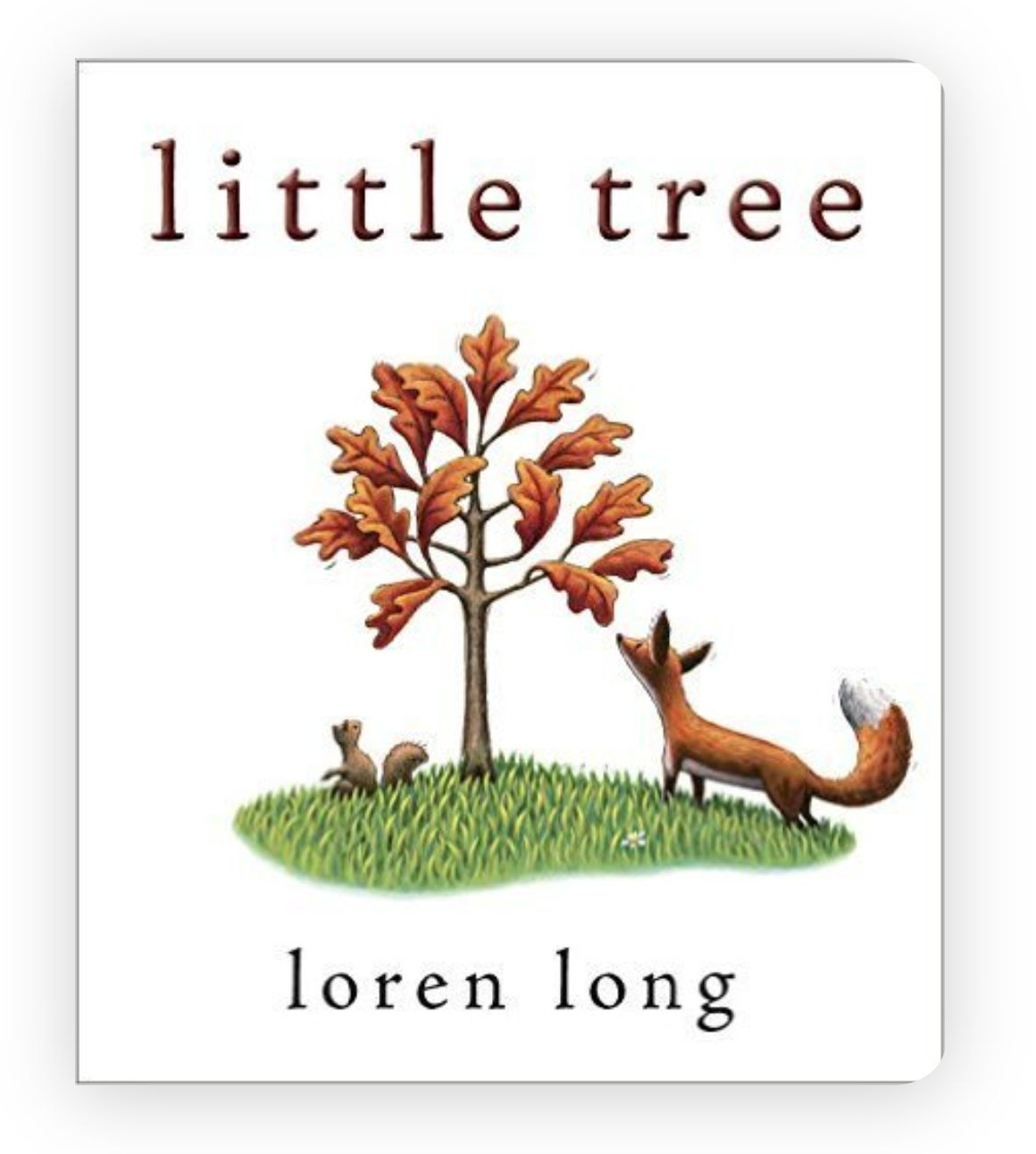
There are some contexts where we’re happy with endings. Like the rhythm of seasons.
Most of us acknowledge, without too much argument, that winter will eventually come to an end. Spring will weave into summer. Summer will end on that one day when the light changes and the air breathes differently - you can feel it! And autumn ends unceremoniously when winter turns the air crisp again.
…Unless you live in San Diego. Or Costa Rica. Or Borneo. But you know what I’m saying…
Left unattended, life unfolds in rhythms.
Governed by western society, time and economics tend to overshadow the rhythms of our lives. It’s a form of intellectual dominance over the way life expresses itself. Time requires a human to recognize it and draw a straight line in order to define it. One comes before two, and five can’t happen until after the work gets done and the bills are paid. Time acknowledges rhythms, but prefers them to remain trackable on a linear scale, creating an overlay for humanity to relate to a life full of unpredictable changes within the rhythms. Time can be a source of predictability and comfort in a western perspective, until that feeling when we “just don’t have enough” of it.
When clarity becomes more valuable than comfort, endings start looking a lot more interesting. It’s something I’ve been watching for decades. The ending of a relationship, a job, a connection, a business, they all throw us into change, which disrupts comfort, even when our comfort was in the form of a familiar discomfort.
Finding curiosity in the clarity around the situation eases the transition. “All good things come to an end” and other sayings try to soften the unavoidable experience of change. Phrases and platitudes are thrown around and often ignored in favor of a magnetic pull toward maintaining something familiar. When we start to recognize the end of something, mental platitudes, especially when they don’t help, become our invitation to clarity.
Hidden away in the fractals of this conversation is the fear of death. Cultures that recognize and revere death as a celebration of living live with a very different relationship to endings, and time. Change and the ending of seasons, life events or lives themselves are celebrated rather than lamented or feared. Time is related more to events than clocks. Death happens, and life continues.
Regardless of personal culture or social beliefs, all of life on our planet is moving through profound changes that have never happened before. The way technology influences our lives, changes in governance, our capacity to communicate with one another across the planet, shifts in priority from total economic domination to recognition that the planet needs our attention and compassionate action, and our collective ability to come together and create our world together - these are all dynamics of life that have never existed before, not in this way.
Never before have so many people had access to so many people, so many ideas, so much awareness and knowledge. All of this access can be easily overwhelming, creating the potential for humanity to grasp onto what is familiar, what is comfortable, even if that comfort is a familiar discomfort. In other words, in the face of so much change, it may be compelling to hold on, to beliefs or associations or patterns or things we think we are right about, rather than let things come to an end.
What if the end is a friend? I wonder how our experience of life changes when we open our hearts to the wisdom of endings, or the death of what was once familiar. It remains true that life, in its rhythms and cycles, continues whether or not time is tracked.
Whether it’s a job or a friendship, a childhood or a life, there will be countless endings before any upwelling of new creations and phases. Even social structures like governments, beliefs, laws, dictatorships and some of the more difficult things humans do to each other and to life, they have endings. We don’t get control over their rhythm or the time it takes, but there are always endings.
As always, this writing is about transcending the judgment of what is good or bad. When you really start to welcome clarity, the lines between good and bad always blur. They become contextual and totally dependent on who is doing the judging. Endings are bad, unless they’re good. New beginnings are good, until they go bad …that sort of thing.
As we walk through these wild and dynamically changing times, we have the opportunity to explore curiosity for when and how endings will contribute to life and the way it restores harmony for itself. All things end in our experience of living, and yet life continues.
We can still keep track of time, mostly because time lets me meet up with my friends at the coffee shop - that seems like the best use of time to me. For everything else, we can walk forward in curiosity, watching the new be born, watching life have its way, watching the end show up as a friend.
It’s all going to happen all over again, which is what brought us here in the first place.
Updates and Invitations
On October 1, I’ll be hosting a free online gathering called Unspeciated: Know What You Have In Common With All of Life.
We’ll spend two hours together slowing down, listening, and remembering how it feels to live without roles, without performance — connected through the heart to all of life.
👉 Click here to save your spot
